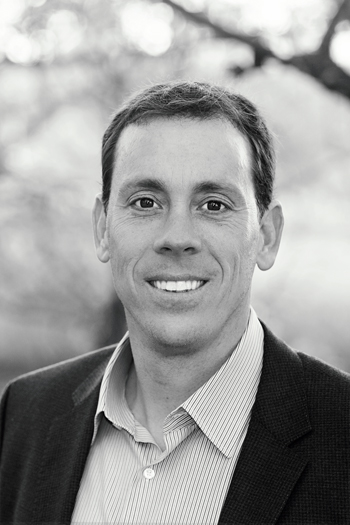Four months ago, Allbritton Communications bought the three-year-old media and politics site Capital New York with the aim of transforming media in the Empire State the way the company’s Politico, with its breakneck, must-read reporting on the Beltway, did for Washington, D.C.Soon, it will find out whether the plan worked.Capital next month will start asking readers, following a free trial, to pay for its morning newsletters, customizable alerts and breaking news blasts. The annual fee for Capital’s three verticals—City Hall, Albany and media—will be $5,990 for up to five users after the paywall goes live. Eventually, Capital expects to sell each vertical separately.With the media business struggling to shift its dependence from advertising to subscriber revenue, the Capital experiment will undoubtedly be watched closely.Politico has put rivals like Roll Call and National Journal on edge with its Politico Pro subscription product, targeted at Washington lobbyists and policy makers and priced at $5,000 a year.While Capital expects to make half its revenue from advertising and events (it’s also planning a limited-circulation monthly print pub), the cornerstone of its revenue model is subscriptions. Still, observers wonder whether a model that worked so well in D.C. will translate to New York.Jim VandeHei, Politico’s co-founder and executive editor, said that Capital’s products are reaching the right people and that its subscription sales are ahead of expectations. (Allbritton is privately held and doesn’t release financials.)“They’re already must-reads,” VandeHei said of the morning newsletters. “They’re read by the people we want.”Although New York is the media capital of the world, VandeHei expects Capital’s coverage of government, as opposed to its media content, to be the bigger sell.“We always said, with media, we’re taking ourselves out of our natural comfort zone and in a more clogged area,” he said. “We’re going to have to sell it in a unique way. I think most policy people will not pay for media coverage.”...MORE
Wednesday, January 22, 2014
Media: "Capital N.Y. Is Rolling Out a Nearly $6,000 Annual Paywall"
From AdWeek:
